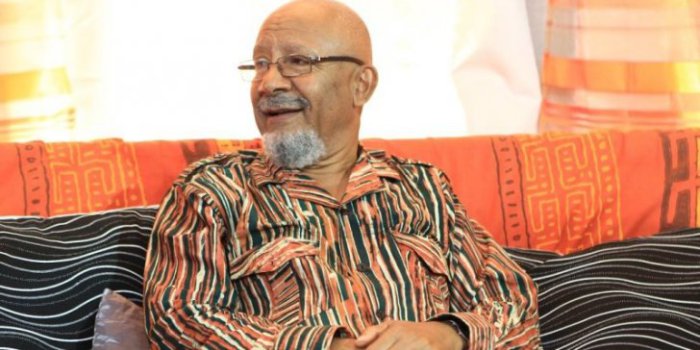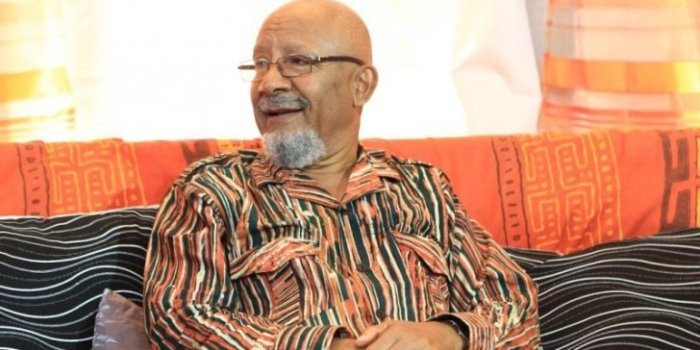As the Covid-19 pandemic continues to bite, many Schools and their Teachers are feeling the brunt of the crisis.
While Teachers in the Public Schools continue to receive their monthly salaries, despite the pandemic, their colleagues who teach in the private schools have had their source of livelihood adversely impacted. What is more worrying is the fact that over 400,000 of these private school teachers may lose their jobs within this period of Coronavirus, due to the closure of schools in Ghana as part of measures to stem the spread of the virus.
This was disclosed to the Ghana Talks Business by an Educationist, Grant Bulmuo, in an interview.
ALSO READ: Surge in technology usage calls for a shift in Ghana’s education strategy
He refers to a recent research conducted by educationists following the outbreak of the Covid-19 pandemic. Findings suggests that second terms fees are outstanding in about 67 percent of the private schools studied in Ghana. This is because parents could not pay up on school fees by the time Ghana went into lock-down.
This situation, he said, made it difficult for School Proprietors to pay up on remuneration for teaching and non-teaching staff.
“80 percent of the schools we contacted in our research said they were unable to pay basic salaries of their teachers and office staff, said Mr Bulmuo.
Impact of Covid-19 on the education
The impact of the Covid-19 on the educational sector is huge.
Schools across the world are closed down temporarily as part of measures to prevent the spread of the viral disease.
As a response, most of the schools have migrated their lessons online, relying on Zoom, Skype and other platforms to teach their numerous students.
But on Sunday, May 31, 2020, President Akuffo, during his Covid-19 Updates, directed that schools should be opened to only final year students from the Junior High to the Tertiary level, to enable them conclude academic work for the year. Re-opening dates are set in the month of June
This was part of a broader directive announced to ease restrictions on public and social gatherings, which was imposed to contain the surge of the virus.
By Salifu B.B. Moro











